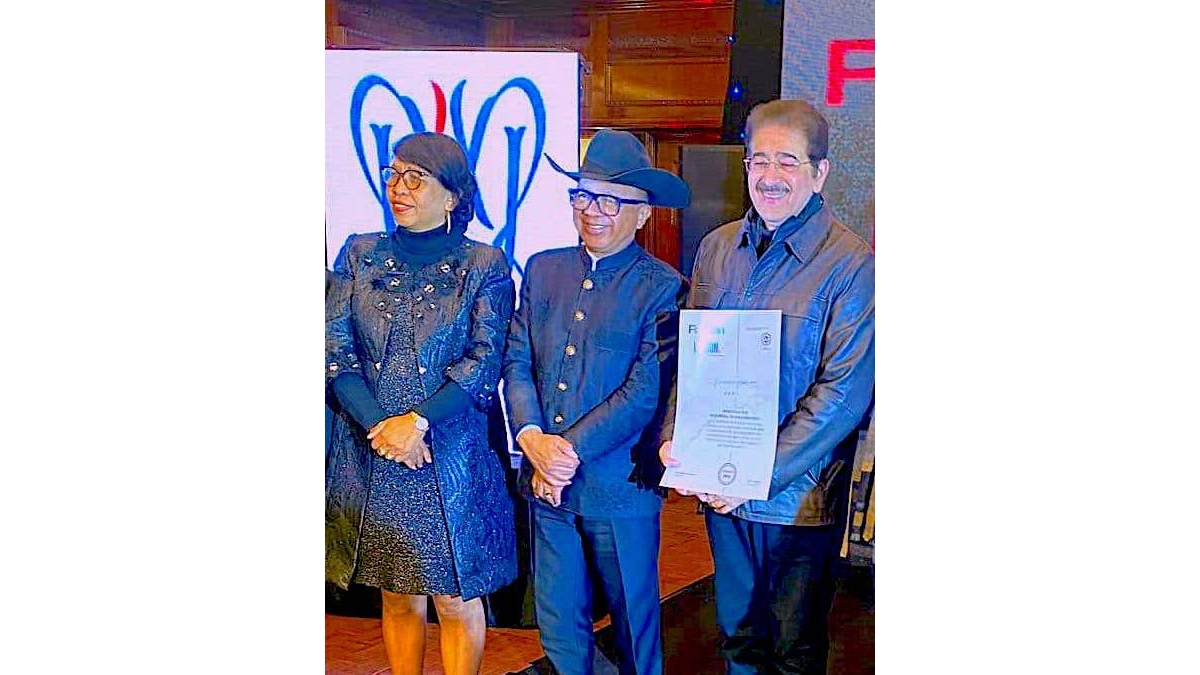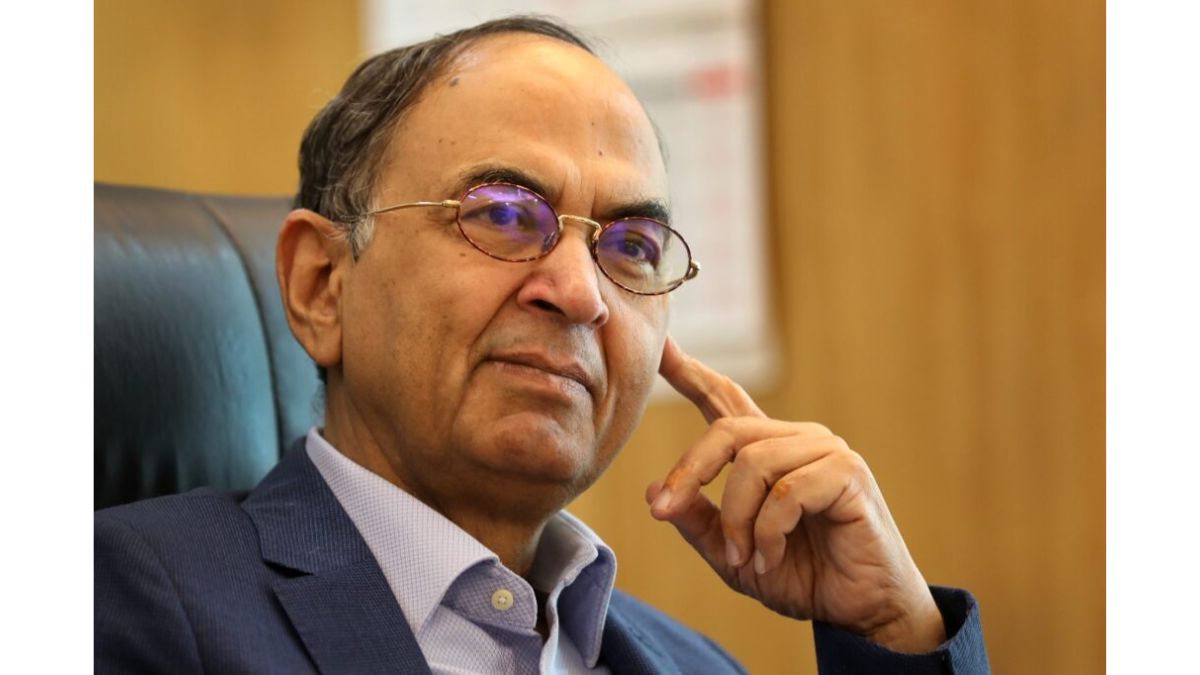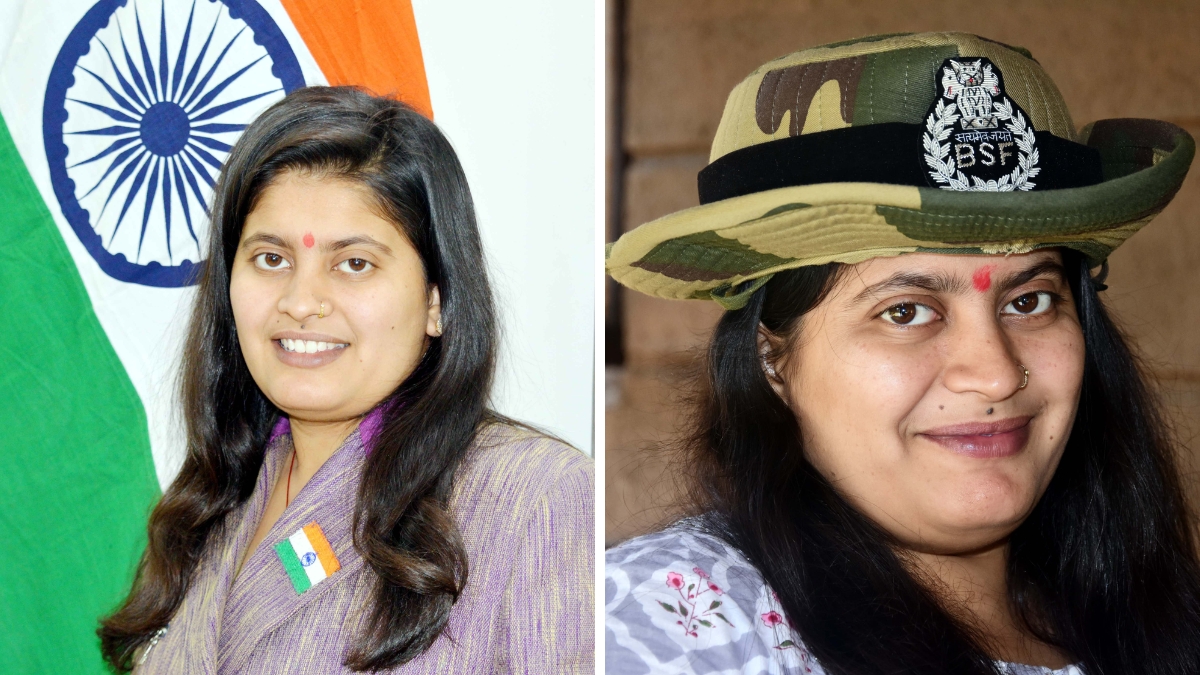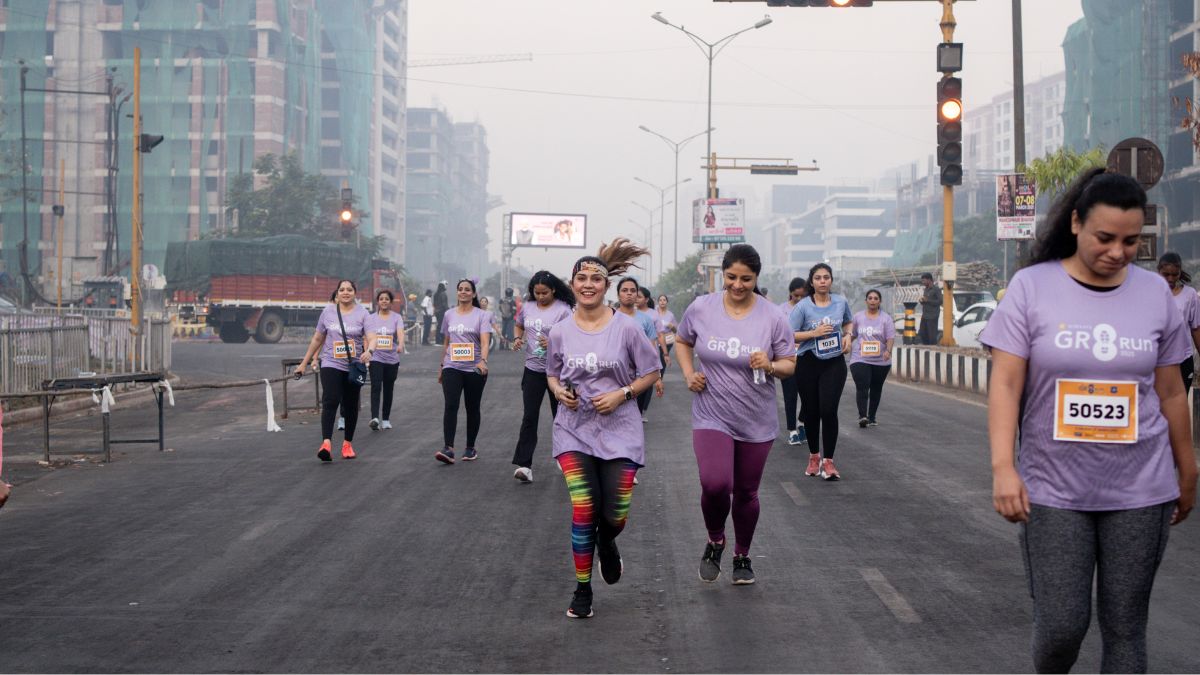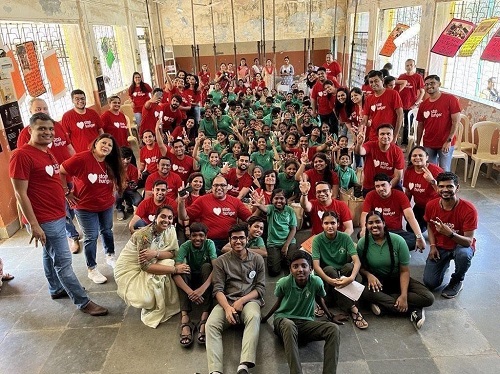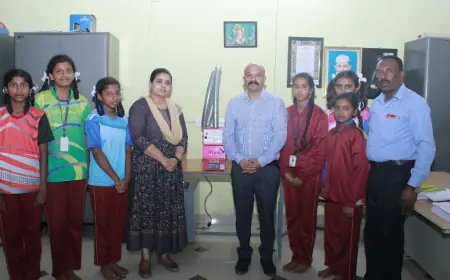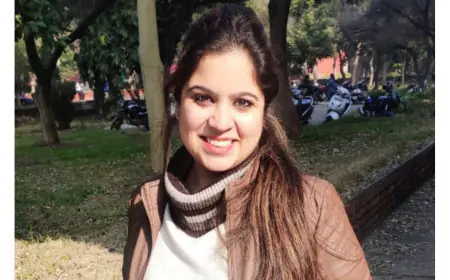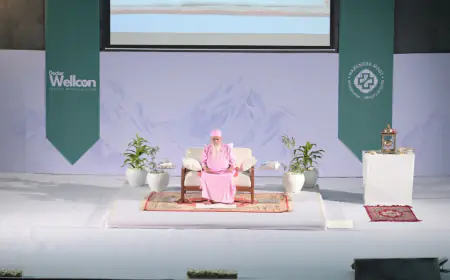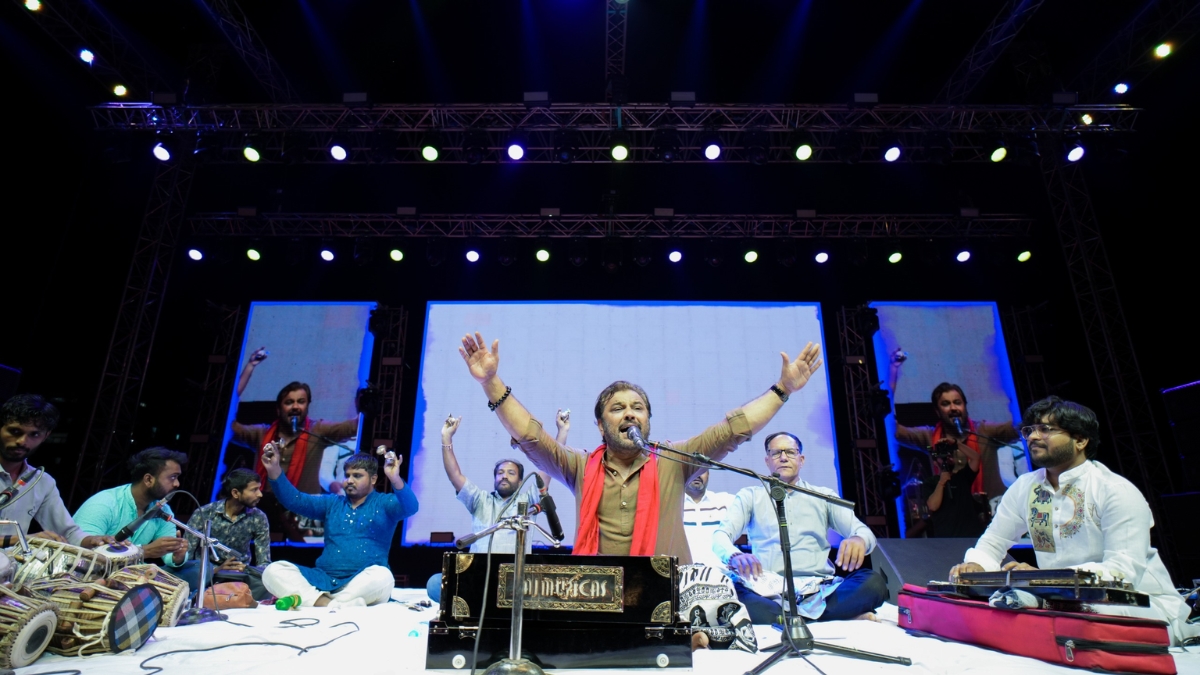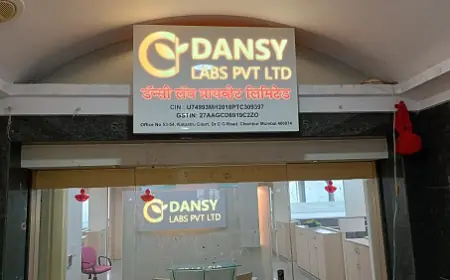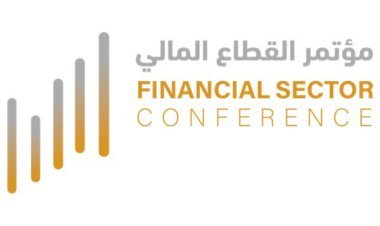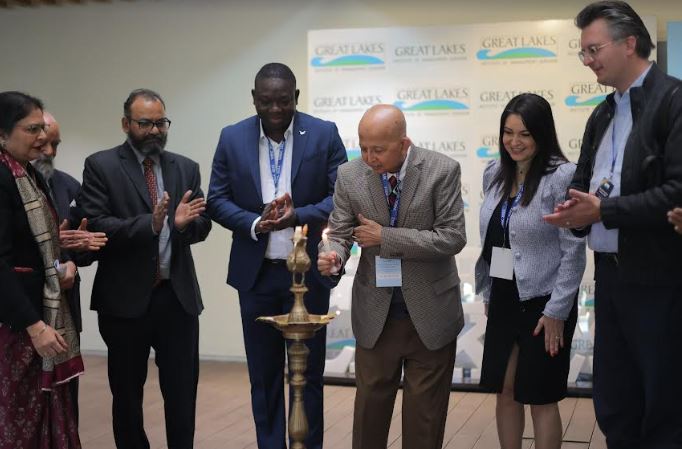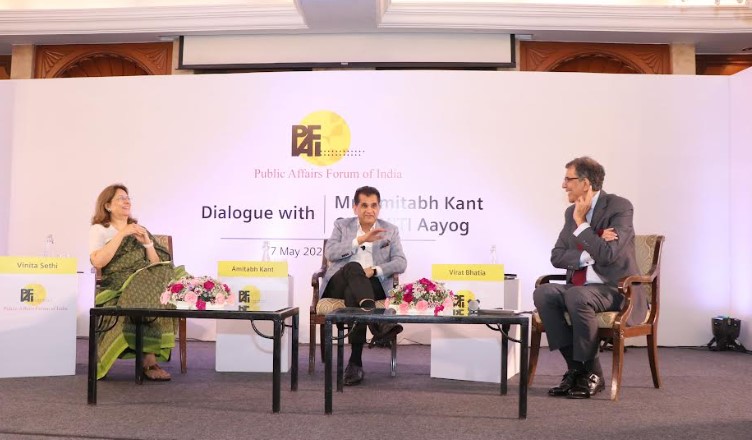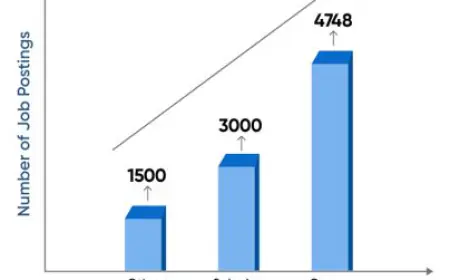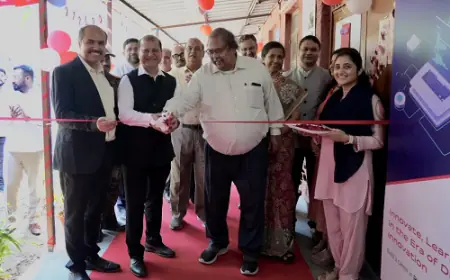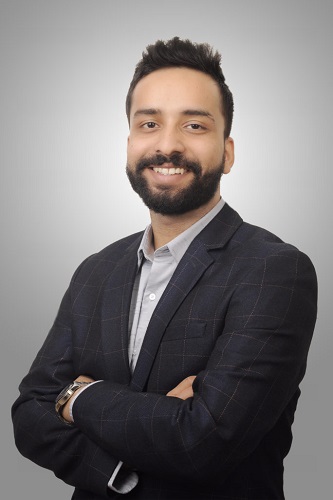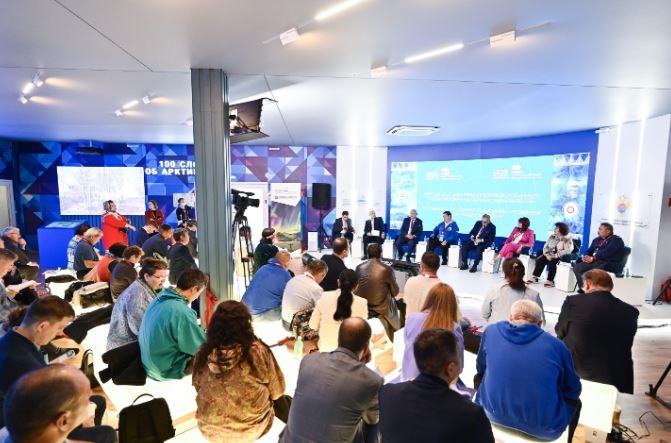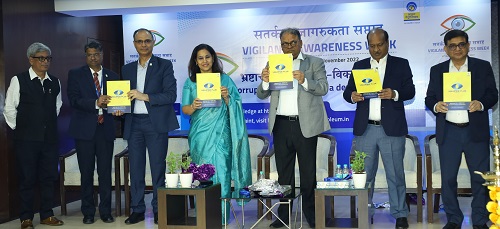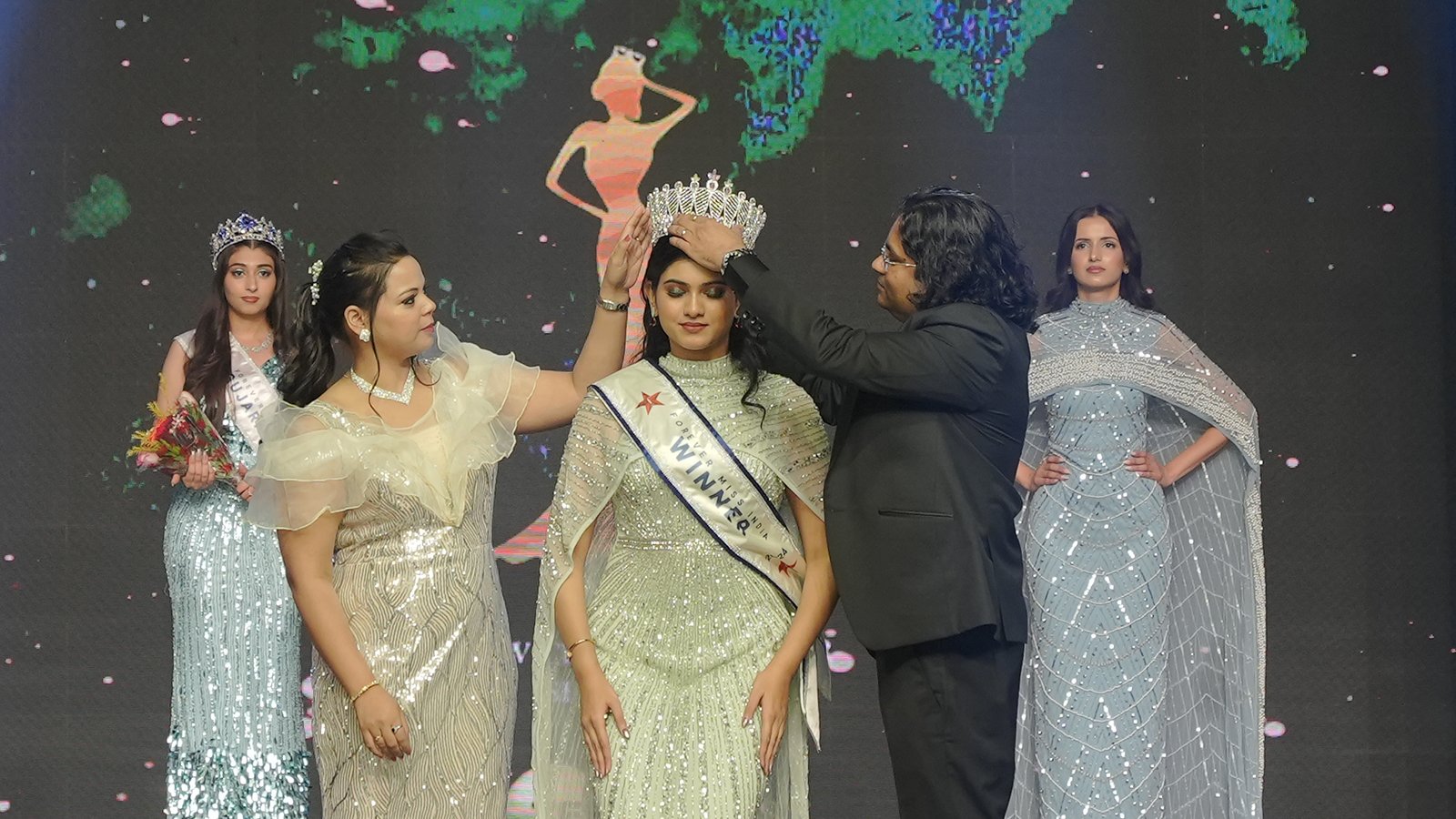Scientists and Doctors Meet in Arkhangelsk to Discuss Health Preservation in the Arctic
Russia | India The Conference on the Health Preservation of People Living in the Arctic took place in Arkhangelsk on 1-3 June 2022, as part of the main events of Russia's chairmanship in the Arctic Council in 2021-2023, which are organized by the Roscongress Foundation. The conference's business programme included 12 events, during which the participants discussed prospects for the development of healthcare in the Arctic, biomedical problems in the region, children's health, psychological functioning aspects, and other topics. Conference on Human Health Preservation in the Arctic Improving the quality of people's lives in the Arctic zone is among Russia's main goals in this region, Deputy Minister for the Development of the Russian Far East and the Arctic Marat Shamyunov said. A unified action plan that includes 268 items, 21 of which are dedicated to healthcare, has been adopted to implement the development strategy. Shamyunov also proposed using the Far East's experience to implement the Unified Subsidy programme, as part of which RUB 122 billion have been allocated since 2018, including RUB 22 billion for medicine. For her part, Deputy Chairman of the Arkhangelsk Region Government Olesya Starzhinskaya noted that the main focuses of the unified action plan are to create conditions for the training and hiring of medical personnel, develop and approve standards to provide medical care to citizens from the Arctic, enhance telemedicine capabilities, and develop medical aviation. In addition, Starzhinskaya pointed out the need to modernize the system for providing medical care to residents of the Arctic zone. "The traditional model of providing medical care to the population of this region is currently not effective enough, which makes it a priority to develop a new model," she said. An important goal for the Arctic zone is to implement a programme to modernize primary health care. Inessa Genchikova, deputy director of the Department for Monitoring, Analysis, and Strategic Health Development of the Russian Ministry of Health, said that the regions of the Arctic zone will receive RUB 48.7 billion as part of this programme by 2025. These funds will be used to build and rebuild 408 facilities of medical organizations, overhaul 326 facilities, purchase 9,978 units of medical equipment, and purchase 1,402 vehicles. In addition, Genchikova recommended that the executive authorities of Russia's Arctic regions, if possible, resume the planned work of medical institutions that were repurposed to help patients with COVID-19, increase the degree of medical examination coverage, ensure the efficient and uninterrupted operation of mobile teams, and provide rural health centres with staff. The conference was held at Northern State Medical University and was attended by about 300 participants from Russia, Belarus, and Kazakhstan. The event was organized by the Ministry for the Development of the Russian Far East and the Arctic, the Russian Ministry of Health, the Arkhangelsk Region Government, and Northern State Medical University. In addition, a national scientific and practical conference on the history of medicine, which was dedicated to the 350th anniversary of Peter the Great, was also held in Arkhangelsk on 1 June as part of the event. Developing human capital and improving the people's well-being and quality of life, including the healthcare system and medical infrastructure in the Arctic, are among the top priorities of Russia's chairmanship in the Arctic Council in 2021-2023. Russia has submitted the project 'Biosafety in the Arctic' to the Arctic Council's sustainable development working group for consideration. The project aims to significantly improve the health of the population in the Arctic, among other things. Reference information Official social media accounts of Russia's chairmanship in the Arctic Council VKontakte: vk.com/arctic_on Twitter: twitter.com/ArcticON1 Telegram: t.me/arcticonofficial Weibo: weibo.com/u/7728847725 WeChat ID: arcticonofficial The Roscongress Foundation is a socially oriented non-financial development institution and a major organizer of nationwide and international conventions; exhibitions; and business, public, youth, sporting, and cultural events. It was established in pursuance of a decision by the President of the Russian Federation. The Foundation was established in 2007 with the aim of facilitating the development of Russia's economic potential, promoting its national interests, and strengthening the country's image. One of the roles of the Foundation is to comprehensively evaluate, analyse, and cover issues on the Russian and global economic agendas. It also offers administrative services, provides promotional support for business projects and attracting investment, helps foster social e
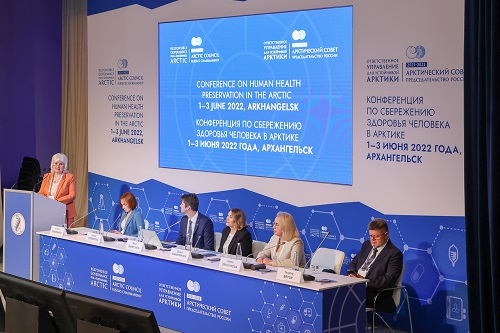
Russia | India
The Conference on the Health Preservation of People Living in the Arctic took place in Arkhangelsk on 1-3 June 2022, as part of the main events of Russia's chairmanship in the Arctic Council in 2021-2023, which are organized by the Roscongress Foundation. The conference's business programme included 12 events, during which the participants discussed prospects for the development of healthcare in the Arctic, biomedical problems in the region, children's health, psychological functioning aspects, and other topics.
 |
Conference on Human Health Preservation in the Arctic
Improving the quality of people's lives in the Arctic zone is among Russia's main goals in this region, Deputy Minister for the Development of the Russian Far East and the Arctic Marat Shamyunov said. A unified action plan that includes 268 items, 21 of which are dedicated to healthcare, has been adopted to implement the development strategy. Shamyunov also proposed using the Far East's experience to implement the Unified Subsidy programme, as part of which RUB 122 billion have been allocated since 2018, including RUB 22 billion for medicine.
For her part, Deputy Chairman of the Arkhangelsk Region Government Olesya Starzhinskaya noted that the main focuses of the unified action plan are to create conditions for the training and hiring of medical personnel, develop and approve standards to provide medical care to citizens from the Arctic, enhance telemedicine capabilities, and develop medical aviation. In addition, Starzhinskaya pointed out the need to modernize the system for providing medical care to residents of the Arctic zone.
"The traditional model of providing medical care to the population of this region is currently not effective enough, which makes it a priority to develop a new model," she said.
An important goal for the Arctic zone is to implement a programme to modernize primary health care. Inessa Genchikova, deputy director of the Department for Monitoring, Analysis, and Strategic Health Development of the Russian Ministry of Health, said that the regions of the Arctic zone will receive RUB 48.7 billion as part of this programme by 2025. These funds will be used to build and rebuild 408 facilities of medical organizations, overhaul 326 facilities, purchase 9,978 units of medical equipment, and purchase 1,402 vehicles.
In addition, Genchikova recommended that the executive authorities of Russia's Arctic regions, if possible, resume the planned work of medical institutions that were repurposed to help patients with COVID-19, increase the degree of medical examination coverage, ensure the efficient and uninterrupted operation of mobile teams, and provide rural health centres with staff.
The conference was held at Northern State Medical University and was attended by about 300 participants from Russia, Belarus, and Kazakhstan. The event was organized by the Ministry for the Development of the Russian Far East and the Arctic, the Russian Ministry of Health, the Arkhangelsk Region Government, and Northern State Medical University. In addition, a national scientific and practical conference on the history of medicine, which was dedicated to the 350th anniversary of Peter the Great, was also held in Arkhangelsk on 1 June as part of the event.
Developing human capital and improving the people's well-being and quality of life, including the healthcare system and medical infrastructure in the Arctic, are among the top priorities of Russia's chairmanship in the Arctic Council in 2021-2023. Russia has submitted the project 'Biosafety in the Arctic' to the Arctic Council's sustainable development working group for consideration. The project aims to significantly improve the health of the population in the Arctic, among other things.
Reference information
Official social media accounts of Russia's chairmanship in the Arctic Council
VKontakte: vk.com/arctic_on
Twitter: twitter.com/ArcticON1
Telegram: t.me/arcticonofficial
Weibo: weibo.com/u/7728847725
WeChat ID: arcticonofficial
The Roscongress Foundation is a socially oriented non-financial development institution and a major organizer of nationwide and international conventions; exhibitions; and business, public, youth, sporting, and cultural events. It was established in pursuance of a decision by the President of the Russian Federation.
The Foundation was established in 2007 with the aim of facilitating the development of Russia's economic potential, promoting its national interests, and strengthening the country's image. One of the roles of the Foundation is to comprehensively evaluate, analyse, and cover issues on the Russian and global economic agendas. It also offers administrative services, provides promotional support for business projects and attracting investment, helps foster social entrepreneurship and charitable initiatives.
Each year, the Foundation's events draw participants from 208 countries and territories, with more than 15,000 media representatives working on-site at Roscongress' various venues. The Foundation benefits from analytical and professional expertise provided by 5,000 people working in Russia and abroad.
The Foundation works alongside various UN departments and other international organizations, and is building multi-format cooperation with 166 economic partners, including industrialists' and entrepreneurs' unions, financial, trade, and business associations from 76 countries worldwide, and 154 Russian public organizations, federal and legislative agencies, and federal subjects.
The Roscongress Foundation has Telegram channels in Russian - t.me/, English - t.me/, and Spanish - t.me/.
Official website and Information and Analytical System of the Roscongress Foundation: roscongress.org.
![]()


